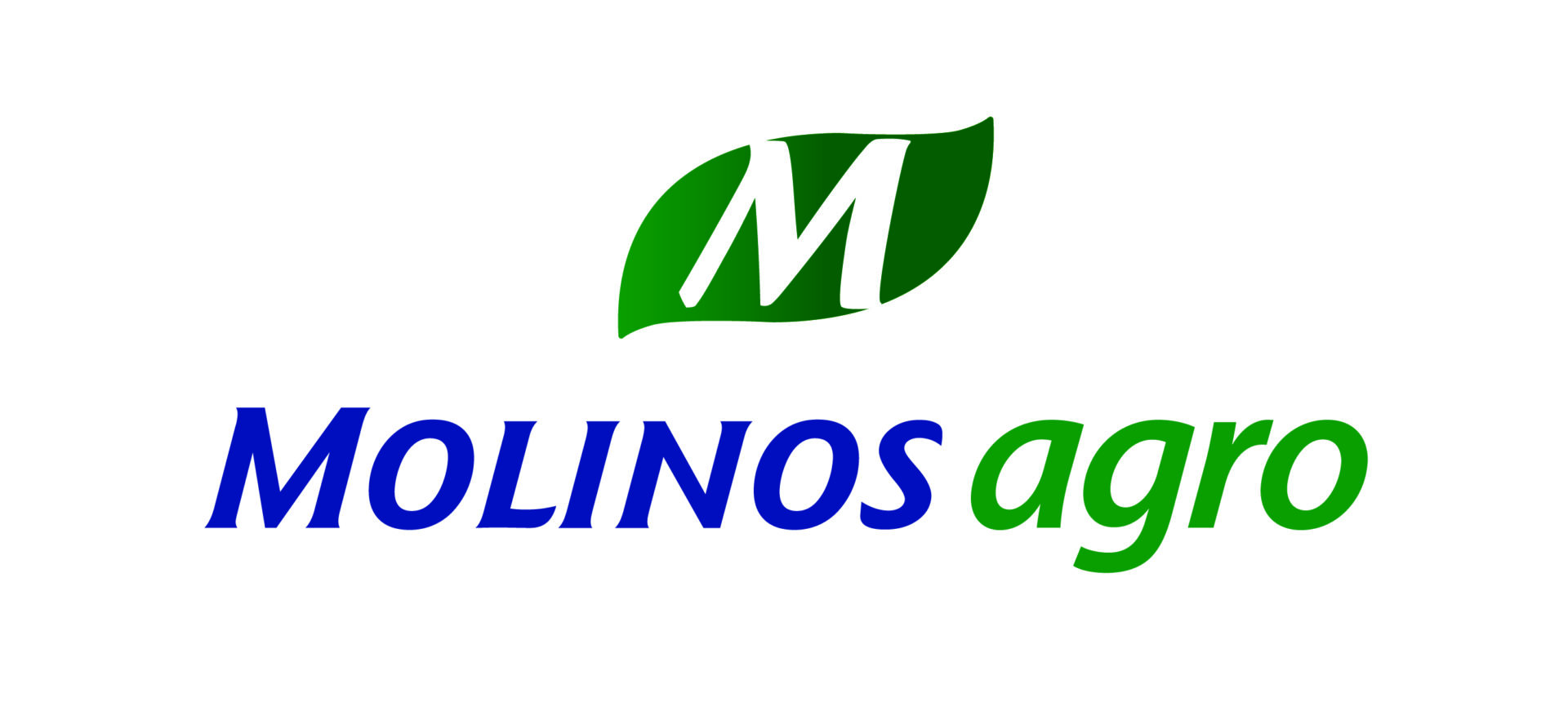“We moved forward in a field new to us, and in Clarke, Modet & Cº we found specialists always willing to provide the support and advice we needed.”

Molinos Agro, which is a historic leader in the Argentine agroindustry, has turned into one of the largest soybean processors with a mill capacity of 6 million tons per year. During the last couple of years, it has made investments to increase its productivity, improve and introduce technological innovations that have both strengthen and consolidated its position in the industry. In 2012, with the assistance of Clarke, Modet & Cº, it obtained its first patent in its century-long history.
– What was the IP issue you needed to solve and why did you resort to Clarke, Modet & Cº?
Through our program Open Innovation, a local laboratory introduced us to an initiative: they had developed a product to combat salmonella —a bacterium that poses serious problems to the animal feed chain. Molinos produces protein soy flours precisely intended for that market, and given that we had experienced difficulties of this nature, that technology seemed to offer a possible solution.
The development was at laboratory scale and the registration process had already been started over a year before. So, we devised a plan to assess the product, and simultaneously started to analyze the subject of patents. As we lacked in-house assistance with enough experience to handle such a case, we reached out to Clarke, Modet & Cº, who had already handled the previous process. By then, we began to explore the implications of an eventual transfer to Molinos and the subsequent management of a patent.
And so, we moved in that direction: first we ran tests at laboratory scale, then at pilot scale, and finally, at semi-industrial scale. When we found that it worked, a contract was drawn up, subject to the condition that the product gave all the expected results, which of course included the transfer of ownership rights on the application to Molinos. We built a fermentation plant and we made investments to begin the industrial scale production. We ran tests and it worked very well. We first used it in 2012, and shortly afterwards, the patent was granted.
The advice provided by Clarke, Modet & Cº was of utmost importance throughout the entire process. It is a company that understands the field, and as difficulties, questions and doubts on how to proceed arose, it always stood closely by our side, offered precise answers and gave us technical assessment on the different scenarios and points that for our own field of experience we had not developed.
– What difficulties did you encounter and how did you overcome them?
The difficulties we faced were those inherent to such a complex process. I would rather say we moved forward in a field new to us and having the opportunity to count on Clarke, Modet & Cº helped us because we found specialists always willing to provide the support and advice we needed.
– What was the outcome?
In terms of results, the patent was granted, and it was the first patent of Molinos in its 115-year history. Internally, it was a milestone, and that set the stage for working on other undertakings: during that time, we recruited a biotechnologist with a wealth of experience, we further developed the product and filed a new application in Europe, where —once again with the assistance of Clarke, Modet & Cº— we filed a PCT application. We are currently going through the national phase in several countries and the process continues its due course.
Now, we are moving towards other undertakings. We are conceiving some projects aimed at generating certain biotechnology products, where the team of Clarke, Modet & Cº constantly advises us, especially regarding the implications of intellectual property protection and the difficulties that may arise in that area — both controversial and accurate— concerning the extent of overlap in exiting patents vis-à-vis the product you intend to protect. In that regard, we have also enjoyed a strong support that has contributed to avoid mistakes.








